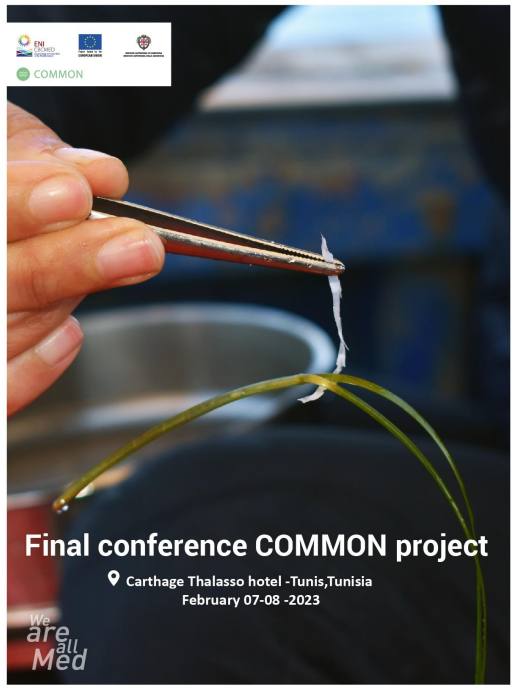Plastic accounts for 80% of the marine litter dispersed in the marine and coastal environment: of the over 90,000 objects collected on the beaches and analyzed using scientific protocols, harmonized among the different project partners, 17,000 (around 20%) were cigarette butts, and 6,000 were cotton buds. Of the over 700 specimens from 6 fish species that were analyze, one out of three fish ingested microplastics and more than half of the analyzed sea turtles were found to have ingested litter. The data obtained during the 3-year3 project confirms the impact of marine litter and microplastics on Mediterranean biodiversity, which is not only related to the physical harm to marine species but also the potential ecotoxicological effects related to the leaching of toxic compounds present in plastic particles both as additives and adsorbed contaminants.
In brief, this is what emerged from the monitoring activities of the project in 3 Mediterranean countries funded by the European Union through the ENI CBC MED program with 2.2 million euros, involving Legambiente, the University of Siena, and the CIHEAM Bari for Italy, the National Institute of Marine Sciences and Technology (INSTM) and the University of Sousse for Tunisia and the Lebanese NGO Amwaj of the Environment and the Tyre nature reserve, for Lebanon. In these three countries, the project's activities were concentrated, and the final results were presented during the conference held on February 7th and 8th, 2023 at the Carthage Hotel in Tunis.
During the final conference, Giorgio Zampetti, Legambiente General director, reminded, “Although our sea is smaller than the Atlantic and Pacific oceans, it is one of the most important hotspots of biodiversity in the world, but unfortunately also one of the six highly impacted in the world in terms of plastic concentration. One of the major obstacles to fighting this phenomenon is represented by the presence of national legislation and regulations that are too complex and inconsistent. That is why, with the COMMON project, we promoted the adoption of common policies among the countries bordering the Mediterranean Sea, because it is important to emphasize that the problem of marine litter must be addressed at an international level, with a joint and coordinated action of every state”.
Sana Ben Ismail, professor in physical oceanography at INSTM and coordinator of the Tunisian pilot areas of the COMMON project. concluded the speech by stating "The involvement of civil society is very important to strengthen the fight against marine litter and to raise awareness among the population, especially young people, of this major problem. From microplastics to glass bottles, cigarette butts and metallic waste, marine fauna and flora are suffocating. These inputs of marine litter come mostly from the mainland, sometimes from several hundreds of kilometres from the sea. We need everyone's effort for this common fight."
COMMON (COastal Management and MOnitoring Network for tackling marine litter in Mediterranean Sea) is an ENI CBC Med project born from a collaboration network between Italy, Lebanon and Tunisia, to reduce the marine litter in the Mediterranean area. The project is coordinated by Legambiente NGO and gathers the University of Siena, the Institut National des Sciences et Technologies de la Mer of Tunis, the CIHEAMBari, the NGO Amwaj of the Environment, the University of Sousse and the Tyre Coast Nature Reserve.
COMMON website: http://www.enicbcmed.eu/projects/common
Facebook and Instagram: @common.eu
Twitter: @common_eu
More information


